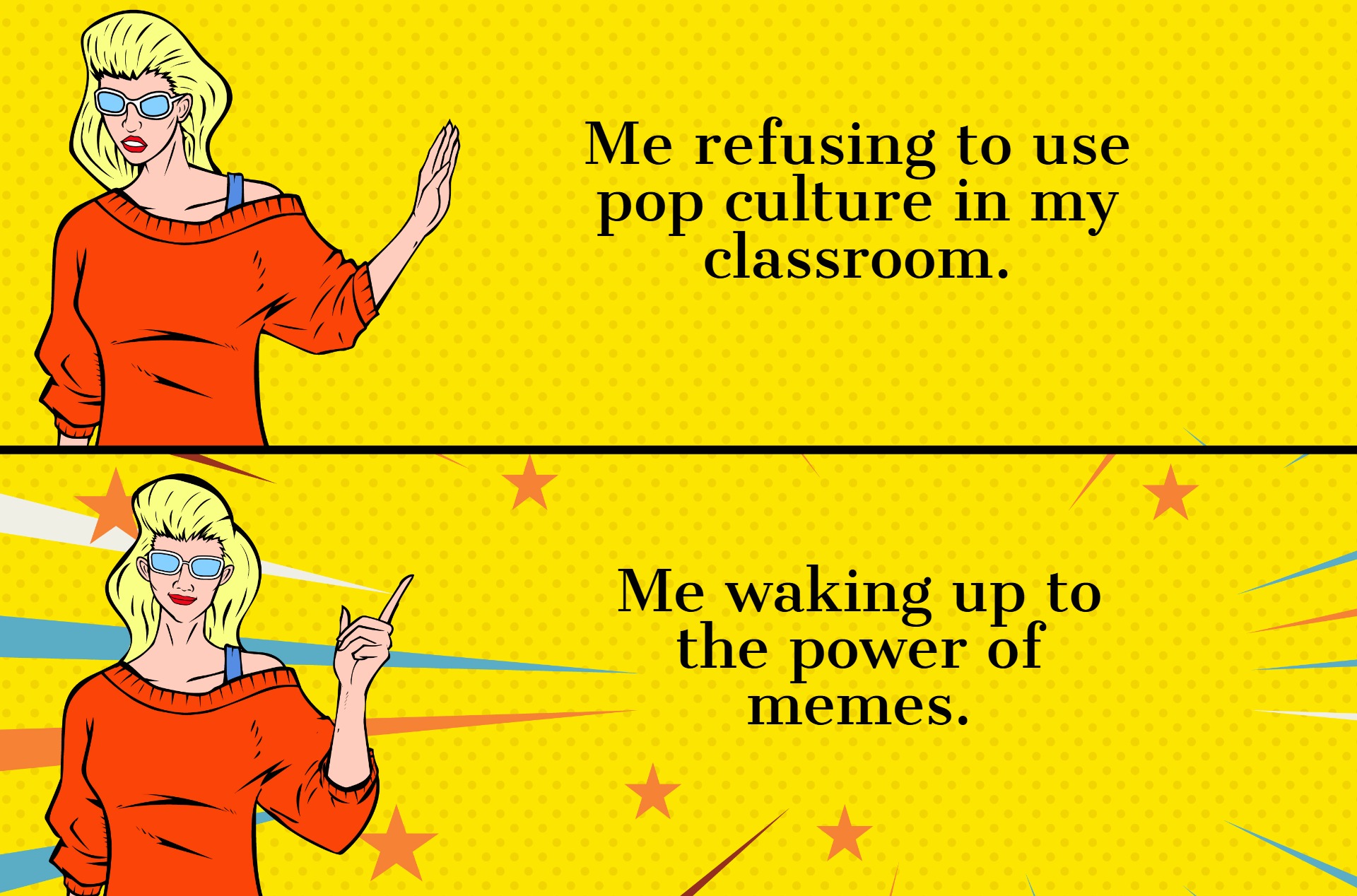Degree vs. career mindset: who wins?
A career mindset puts you in control of your destiny. A degree mindset is stagnating.

The world feels like it is constantly changing, particularly when it comes to careers. Case in point: Eighty-five percent of the jobs in 2030 are unknown at this time. In order to secure a fulfilling career, students should be adopting a life-long learning strategy, because what their degree is preparing them for may not be what they actually end up doing. If students were to just have faith in the social contract that good grades and degree competition will allow them to move up the ladder, they will find that their career options are very limited. This is often referred to as a “fixed” or “degree” mindset. Instead, students should be adopting a career mindset.
In her book Mindset, Stanford University professor Carol S. Dweck shows that people with a fixed mindset assume that their intelligence and talents are set, leading to academic and career stagnation. Conversely, those with a growth (i.e. career) mindset actively seek learning opportunities, succeed more in school, and achieve great things in their careers.
Those who pursue a degree mindset are only focused on this one goal (sometimes this goal is not even of their own making!). It subscribes to the sunk cost fallacy: one must stay on the same track based on previous educational investment. It does not consider change based upon introspection, landscape, or competition. It’s only when an obstacle is encountered that change is even considered. This change often involves transitioning to, yet another, degree or “settling” for an unfulfilling job.
In contrast to a degree mindset, you can proactively take responsibility for your development and advancement by adopting a career mindset. Identify a direction where you want to go and develop a plan to get there. A “career prototype” can be optimistic, but it also has to be realistic. Also, they are revisable and should change based upon new circumstances. If your career prototype doesn’t quite fit, pivot to something different. Recognizing that you learn from “prototype micro-failures” helps to build up resilience.
It’s never too late to pursue a career mindset where education and career exploration play off one another. Rather than only taking stock in the degree, recognize your strengths (and weaknesses). Investigate careers that interest you and talk to workers in the field to better understand roles. By conducting information interviews of said workers, you will learn about additional education you need to pursue or what skills you need to develop to compete in the field. Don’t be afraid to talk to working professionals. They will be impressed by your career-goal-orientation. They can help you refine your career plan. Some of them will become your mentor and help you to transition into the career that you have designed for yourself.
A career mindset could encompass inventing your own career using an iterative research-interview-refinement (i.e. design) strategy. Customize your education by taking MOOCs (Massively Open Online Courses). Compared to degrees that are five to 10 years behind a new niche’s evolution, MOOCs are at the cutting edge and can be an excellent way to augment your degree. You need to arrive at a specific career niche when it is opening, not when it’s saturated. Continuing education is another excellent way to dip your toes into a new area before committing fully.
Finally, get some research experience. This is an excellent way to put yourself on the cutting edge of knowledge and to see how new niches open. In my area, a new disruptive technology called CRISPR came onto the research scene four years ago. In a recent search I performed on Indeed, there were over 800 positions asking for CRISPR experience in North America. This capability could only be gained through specific research experience.
Compared to the degree mindset, where students feel they have little control over their destiny leading to anxiety, depression, etc., the career mindset helps build an internal locus of control, giving you the freedom to pursue a dream job of your own making.
Featured Jobs
- Psychology - Assistant Professor (Speech-Language Pathology)University of Victoria
- Business – Lecturer or Assistant Professor, 2-year term (Strategic Management) McMaster University
- Canada Excellence Research Chair in Computational Social Science, AI, and Democracy (Associate or Full Professor)McGill University
- Veterinary Medicine - Faculty Position (Large Animal Internal Medicine) University of Saskatchewan














Post a comment
University Affairs moderates all comments according to the following guidelines. If approved, comments generally appear within one business day. We may republish particularly insightful remarks in our print edition or elsewhere.
1 Comments
Great article! A growth mindset paired with critical thinking and creativity are unbeatable. Thank you for making a difference in the lives of Albertans.